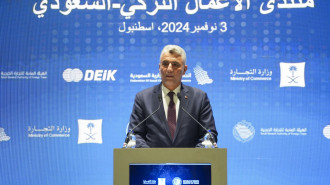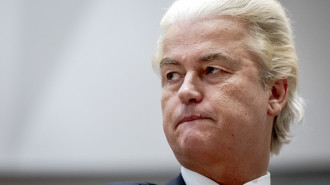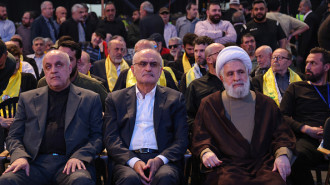Regime 'attacks Hama with toxic gas' following rebel advances
Syrian warplanes on Thursday intensified aerial campaigns targeting Hama as pro-regime forces seek to repel a rebel offensive targeting the northern Syrian city.
Rebel assaults on Hama, which began last week, constitute the largest launched by opposition forces in the area in months.
They have been led by the al-Qaeda linked Fateh al-Sham, but also include groups within the Free Syrian Army.
The response of the Syrian regime has been typically aggressive.
On Thursday the Syrian Observatory for Human Rights reported that a potential chemical attack had been perpetrated on the town of Latamneh, northwest of Hama.
In comment to Reuters Abdullah Darwish, head of the health authority for rebel-held parts of Hama province, said that victims had suffered intense skin irritations, "foaming at the mouth, and constricted pupils".
Darwish, who is currently based in Turkey but in communication with medical staff on the ground, said that a previous chemical attack had targeted Latamneh on Saturday, leading to the death of an orthopaedic doctor.
The Syrian regime has denied that it has used chemical weapons in the area, a charge that has previously been levelled against it by the UN and global chemical weapons watchdogs, citing considerable evidence.
Elsewhere in the province, the Syrian Observatory reported that airstrikes had targeted the towns of Soran and Khattab, which were both taken by rebel forces in the past week.
Meanwhile the Syrian military has said that it is pushing back rebel forces, gaining the upper hand in the battle.
Although rebel forces have been on the back foot since they were forced out of Aleppo in December following an intense assault by pro-regime forces on Syria's second city, their attack in Hama – simultaneous with a renewed rebel-assault on the capital Damascus – has stretched regime resources, with fighting ongoing on numerous fronts within the war-torn country.
However, backed by military support from Russia and Iran, regime forces retain the upper hand in Hama.







 Follow the Middle East's top stories in English at The New Arab on Google News
Follow the Middle East's top stories in English at The New Arab on Google News


